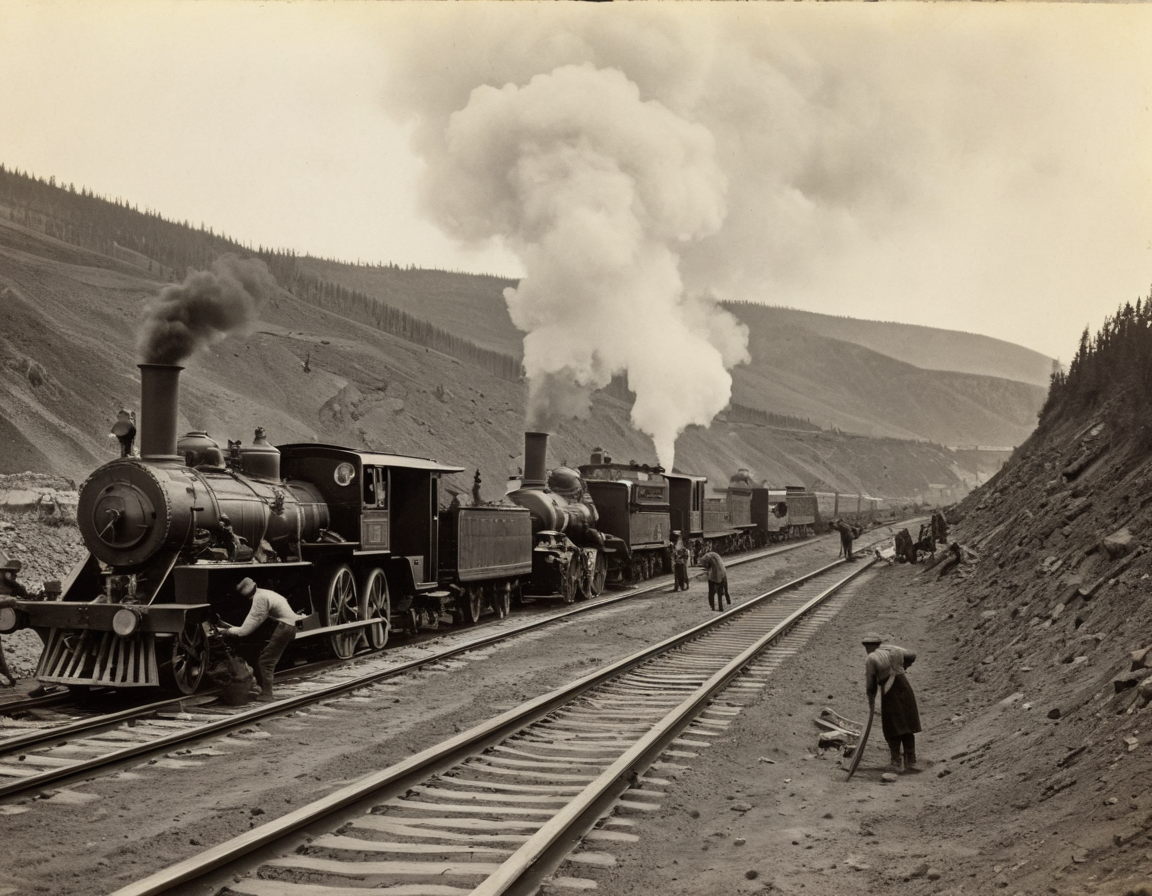Exploring the Fascinating History of the Trans-Siberian Railway
The Trans-Siberian Railway: Bridging Continents and Cultures
The Trans-Siberian Railway, an emblem of engineering triumph and historical significance, spans nearly a continent’s breadth, creating a vital connection between the East and the West. In this dive into the rich history and impact of one of the world’s longest railways, we will explore how it came to be, its role during various historical periods, and the experiences it offers to travelers today.

The Birth of the Trans-Siberian Railway
Conceived in the late 19th century, the Trans-Siberian Railway was the brainchild of Tsar Alexander III. This ambitious project aimed to connect the Western part of the Russian Empire with its Eastern territories, offering a strategic advantage in terms of mobility and trade.
Construction and Challenges
Begun in 1891, the railway’s construction was a mammoth task fraught with challenges. Workers faced extreme temperatures, rough terrain, and the logistical nightmares of an endeavor of this magnitude. Despite the obstacles, the railway was officially completed in 1916, symbolizing Russia’s industrial might and perseverance.
Historical Significance
The Trans-Siberian Railway has played a crucial role throughout its existence, affecting geopolitics, commerce, and even art.
In War and Peace
During the Russo-Japanese War and both World Wars, the railway served as a critical supply route. In peacetime, it has acted as both a cultural exchange conduit and a path to Siberia’s development and exploration, enabling the movement of goods and people across vast distances.

An Unforgettable Journey
Today, the Trans-Siberian Railway stands as an iconic journey for intrepid travelers, offering an unparalleled way to experience the vast, diverse landscapes and cultures of Russia and beyond.
Adventures on Rails
Embarking on this epic railroad odyssey presents opportunities to witness the Urals, the steppes, and the majestic beauty of Lake Baikal. Travelers can soak in the blend of modernity and history at various stops along the way, such as Moscow, Novosibirsk, and Vladivostok.
Conclusion
The Trans-Siberian Railway not only stands testament to human ambition and technical prowess but continues to foster connections across continents, enriching the tapestry of global heritage. Its tracks tell stories of the past and invite future generations to venture forth on a journey of a lifetime.
Are you ready to embark on the Trans-Siberian adventure and explore the wonders of this engineering marvel? Share your thoughts in the comments below or contact us for more travel insights.






